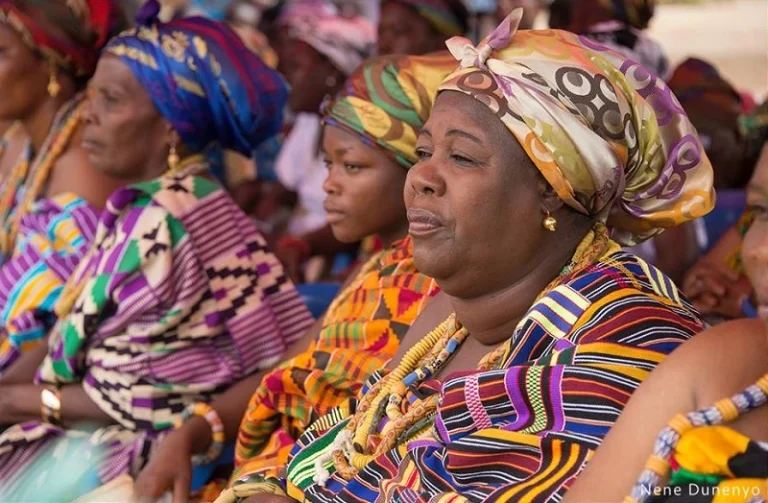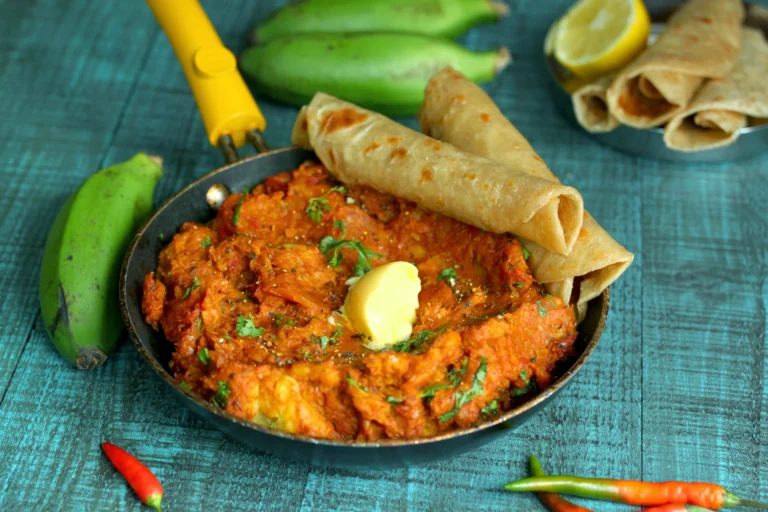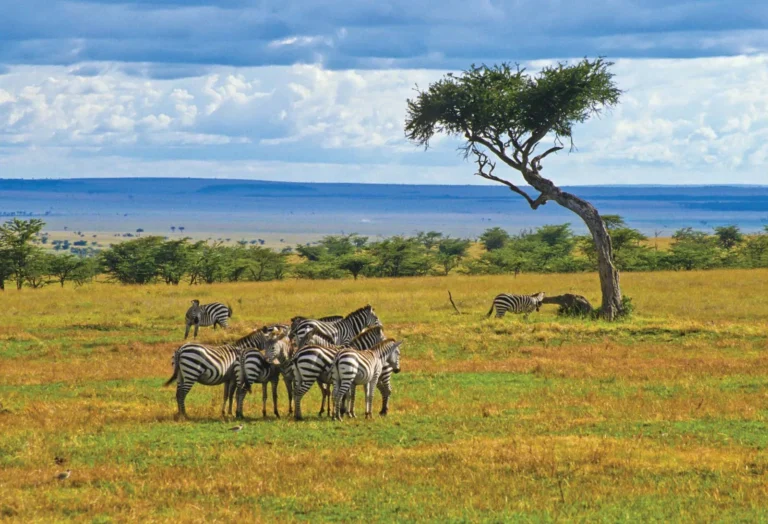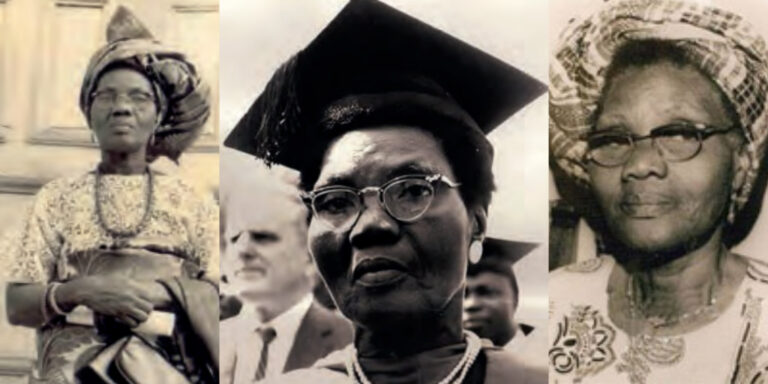Nostalgic African Hairstyles
African hairstyles have always been a showcase of culture, tradition, and identity. They tell stories, signify status, and express artistic creativity. Here, we take a journey back in time to explore some of the most nostalgic African hairstyles that continue to inspire and influence modern fashion.
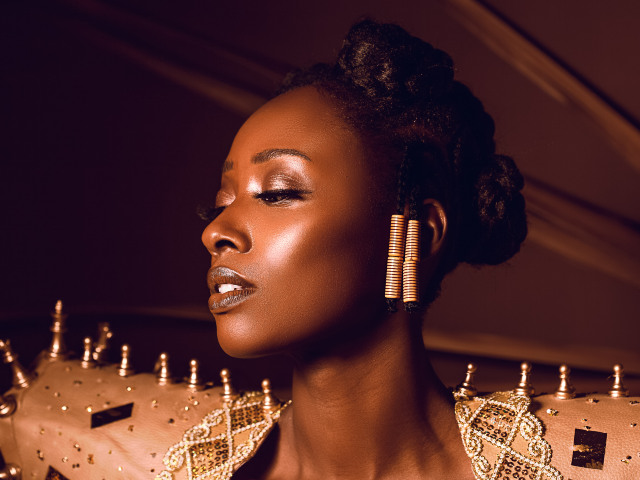
- Cornrows
Cornrows are perhaps one of the most iconic African hairstyles. The braiding technique, where the hair is braided close to the scalp in straight lines or complex geometric patterns, has been worn for centuries. Cornrows are versatile and can be adorned with beads, shells, or coloured thread to reflect the personal style or cultural significance.

- Afro
The Afro, often referred to as ‘fro, became a powerful symbol of Black pride and identity during the 1960s and 1970s. This style, characterised by its full and rounded shape, celebrates the natural texture of African hair. The Afro remains a bold statement of embracing one’s roots and rejecting societal pressures to conform to European beauty standards.

- Dreadlocks
Dreadlocks, also known as locs, have roots in various African cultures, as well as Rastafarianism. This hairstyle is created by allowing the hair to mat and form into rope-like strands. Dreadlocks carry significant spiritual, cultural, and social meanings and have been worn by various African ethnic groups long before becoming mainstream.

- Fulani Braids
Named after the Fulani people of West Africa, Fulani braids are a unique and intricate style. They typically involve a central braid along the crown of the head, with additional braids on the sides, often decorated with beads and cowrie shells. This style highlights the rich cultural heritage and artistic creativity of the Fulani people.

- Threading
Hair threading is a traditional African hairstyle where the hair is sectioned and wrapped with black thread from the roots to the tips. This technique, used by various African cultures, creates unique, sculptural looks and helps in protecting the hair. Threading is also a way to stretch natural hair without using heat.

The nostalgia surrounding these African hairstyles goes beyond fashion; it’s about reconnecting with a rich heritage and celebrating the diversity and beauty of African culture. These styles have transcended time and continue to influence modern trends, reminding us of the enduring legacy of African hair artistry. Whether for protection, expression or simply as a nod to tradition, these hairstyles remain a vibrant part of the African cultural identity.

